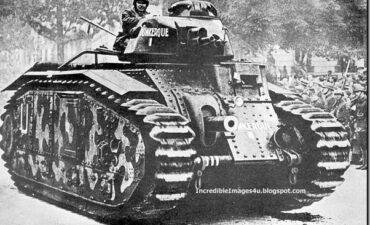Why was Kaiser Wilhelm II blamed for WWI? Kaiser Wilhelm II, the German Emperor and King of Prussia from 1888 to 1918, was widely blamed for World War I for several reasons:
Aggressive Foreign Policy:
Wilhelm’s foreign policy was characterized by a desire for Germany to assert itself as a major world power. His pursuit of a militaristic and expansionist agenda, particularly the naval arms race with Britain, increased tensions among European powers.
Blank Check to Austria-Hungary:
When Archduke Franz Ferdinand of Austria-Hungary was assassinated in 1914, Wilhelm II gave Austria-Hungary a “blank check” of unconditional support in dealing with Serbia. This essentially encouraged Austria-Hungary to take a hardline stance against Serbia, leading to a chain reaction of events that culminated in the outbreak of war.
Failure of Diplomacy:
Wilhelm’s diplomatic skills were often criticized. The complex system of alliances and treaties in Europe required careful diplomacy to avoid conflict. However, Wilhelm’s impulsive and erratic behavior, coupled with a lack of effective diplomatic maneuvering, contributed to the escalation of tensions.
Schlieffen Plan:
Germany’s implementation of the Schlieffen Plan, a military strategy to quickly defeat France and then turn east to face Russia, helped trigger the larger conflict. This plan required a rapid invasion of Belgium, violating its neutrality and bringing Britain into the war.
Dismissal of Experienced Advisors:
Wilhelm II dismissed experienced military and political advisors, including Chancellor Otto von Bismarck, whose diplomatic skill had helped maintain stability in Europe. The absence of such experienced figures during the crisis contributed to the mishandling of the situation.
Propaganda and Image:
The Allies, during and after the war, portrayed Wilhelm II as a symbol of German aggression and militarism. The Kaiser’s flamboyant image and the perception of him as a symbol of autocratic rule made him an easy target for blame.
While Wilhelm II played a role in the events leading up to World War I, it’s important to note that the war was a complex and multifaceted conflict, involving a web of alliances, geopolitical tensions, and a range of factors that extended beyond the actions of any single individual. The blame for the war is shared among various leaders and nations involved in the conflict.








